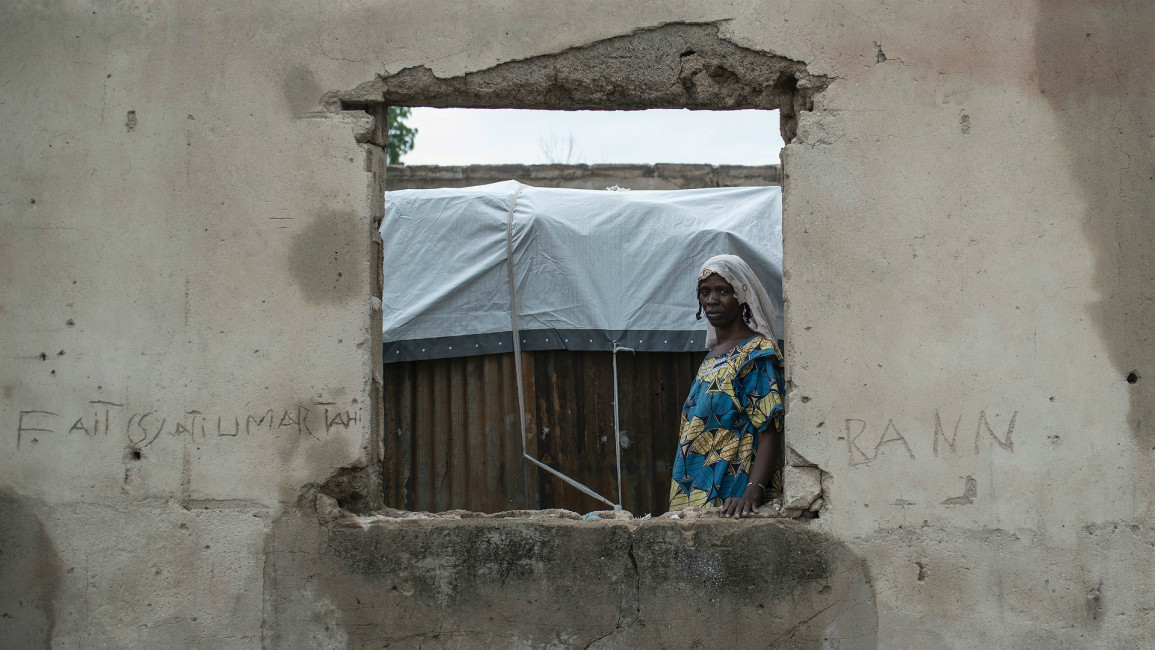Nigeria's mass trial of 1,669 Boko Haram suspects begins with 'promise of prosecution, not persecution'
A court at a military base in Kainji, in the central state of Niger, was told that 1,669 suspects were awaiting trial at the facility. Of those, 1,631 were men, 11 were women, with 26 boys and one girl.
All of the defendants have been arrested and detained since the start of Boko Haram's insurgency in 2009, which has left at least 20,000 dead and forced more than 2.6 million others from their homes.
The media has been barred from covering the cases on security grounds. Justice ministry spokesman Salihu Othman Isah said the cases will be heard at four courts at the Kainji facility.
The ministry has said 651 others held at the Giwa barracks in the capital of the northeastern state of Borno, Maiduguri, will then be tried.
Isah said in a statement that Judge Binta Nyako began proceedings at 1:35 pm (1235 GMT) after touring the courts with three other judges, state prosecutors and Legal Aid Council defence lawyers.
"We are here to ensure that nobody is persecuted. We are here for prosecution and so we have come with open minds," she was quoted as saying.
"We (the judges) have been assigned to these cases and we have no other jobs for now."
 |
We are here to ensure that nobody is persecuted. We are here for prosecution and so we have come with open minds |  |
The trials have been welcomed as a positive step, after repeated criticism of the military's arrest of civilians in the conflict.
In eight years, only 13 people have been put on trial and just nine convicted, according to government figures.
Many of the detainees have been held at military detention facilities for years without access to a lawyer or ever having appeared before a judge.
Human rights groups have criticised conditions inside, claiming overcrowding, unsanitary surroundings and that detainees have been tortured, died from illness and disease or were summarily executed.
The extent of the defendants' links to the extremist group, which has killed at least 20,000 people since 2009, is likely to be in question.
Lack of media access has raised concerns about the transparency of the process. Government claims to have invited international observers have been denied.
Critics have said Nigeria's chaotic justice system will struggle to cope with the extra case-load.
But Judge Nyako promised: "We shall be here till whatever time we close, even till 7:00 pm everyday until we dispense of the cases."
Boko Haram began life as an Islamic sect in Maiduguri in 2002 and morphed into an Islamic State group-affiliated armed movement whose insurgency has threatened stability in the impoverished Lake Chad region.
The group, whose name roughly translates from the Hausa language spoken in northern Nigeria as "Western education is forbidden", aims to create a hardline Islamic state in northeast Nigeria.
Among its many notorious acts was the kidnapping in April 2014 of more than 200 schoolgirls from the Borno town of Chibok.



